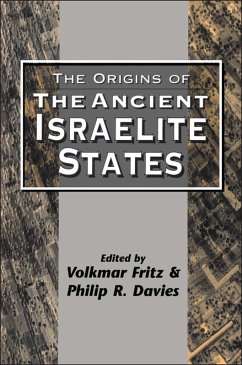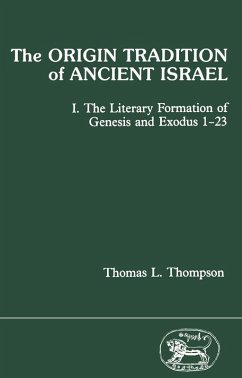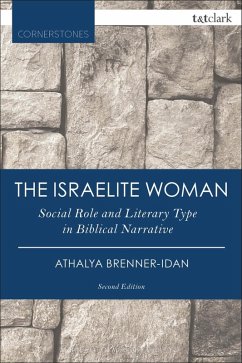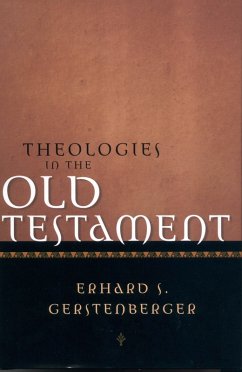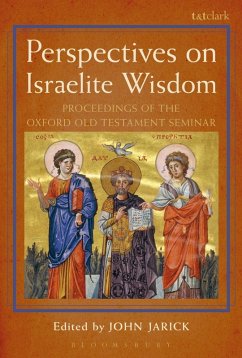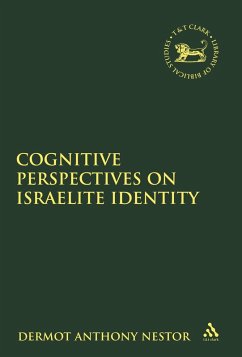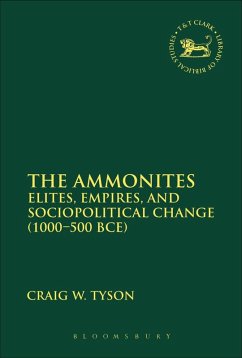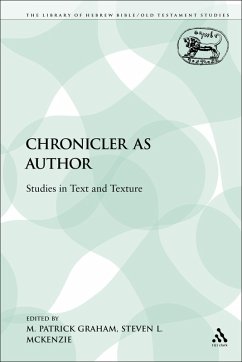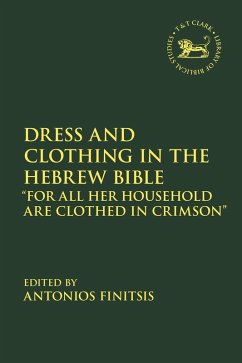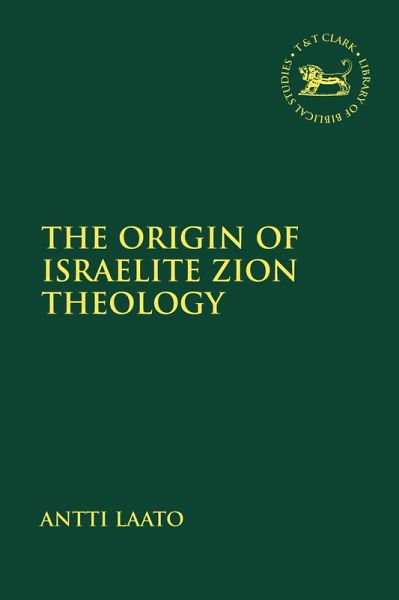
The Origin of Israelite Zion Theology (eBook, PDF)

PAYBACK Punkte
14 °P sammeln!
In this examination of Zion theology and how it arises in the book of Psalms Antti Laato's starting-point is that the Hebrew Bible is the product of the exilic and postexilic times, which nonetheless contains older traditions that have played a significant role in the development of the text. Laato seeks out these older mythical traditions related to Zion using a comparative methodology and looking at Biblical traditions alongside Ugaritic texts and other ancient Near Eastern material. As such Laato provides a historical background for Zion theology which he can apply more broadly to the Psalm...
In this examination of Zion theology and how it arises in the book of Psalms Antti Laato's starting-point is that the Hebrew Bible is the product of the exilic and postexilic times, which nonetheless contains older traditions that have played a significant role in the development of the text. Laato seeks out these older mythical traditions related to Zion using a comparative methodology and looking at Biblical traditions alongside Ugaritic texts and other ancient Near Eastern material. As such Laato provides a historical background for Zion theology which he can apply more broadly to the Psalms. In addition, Laato argues that Zion-related theology in the Psalms is closely related to two events recounted in the Hebrew Bible. First, the architectural details of the Temple of Solomon (1 Kings 6-7), which can be compared with older mythical Zion-related traditions. Second, the religious traditions related to the reigns of David and Solomon such as the Ark Narrative, which ends with David's transfer of the Ark to Jerusalem (2 Sam 6). From this Laato builds an argument for a possible setting in Jerusalem at the time of David and Solomon for the Zion theology that emerges in the Psalms.





